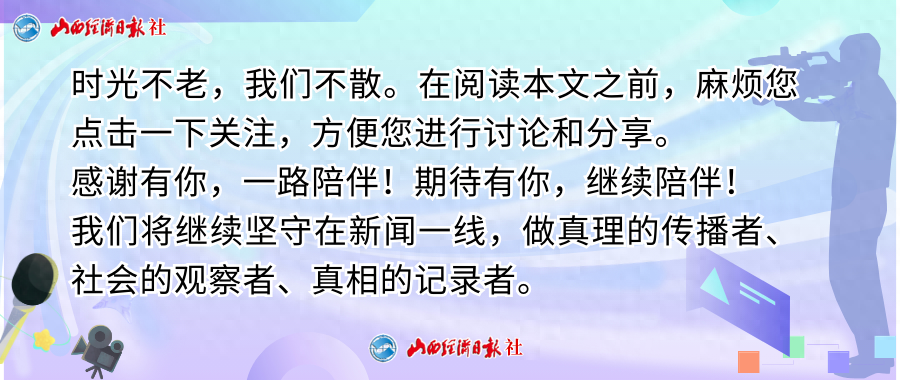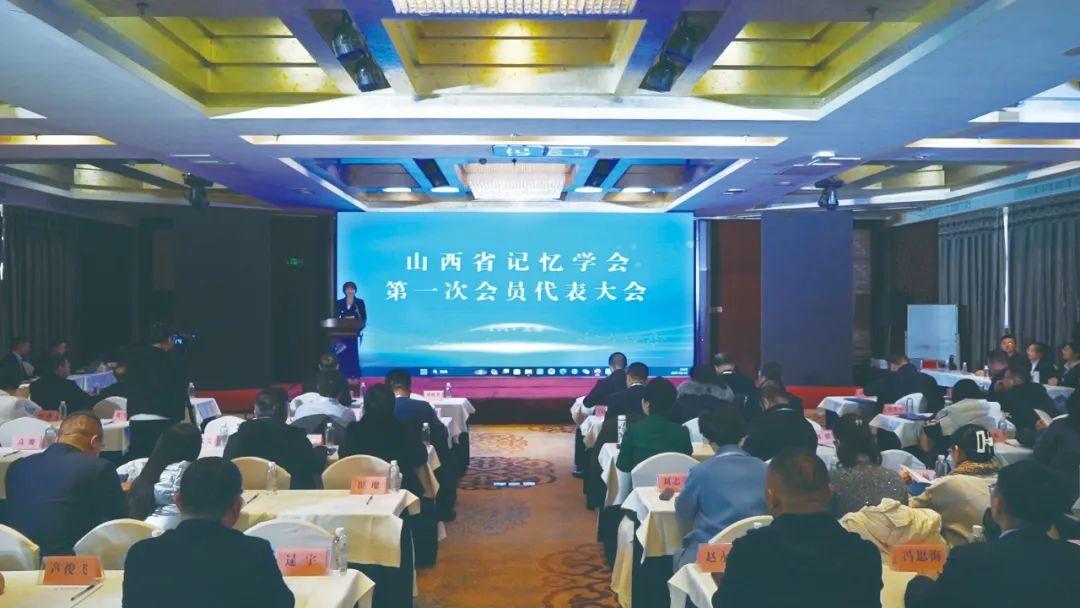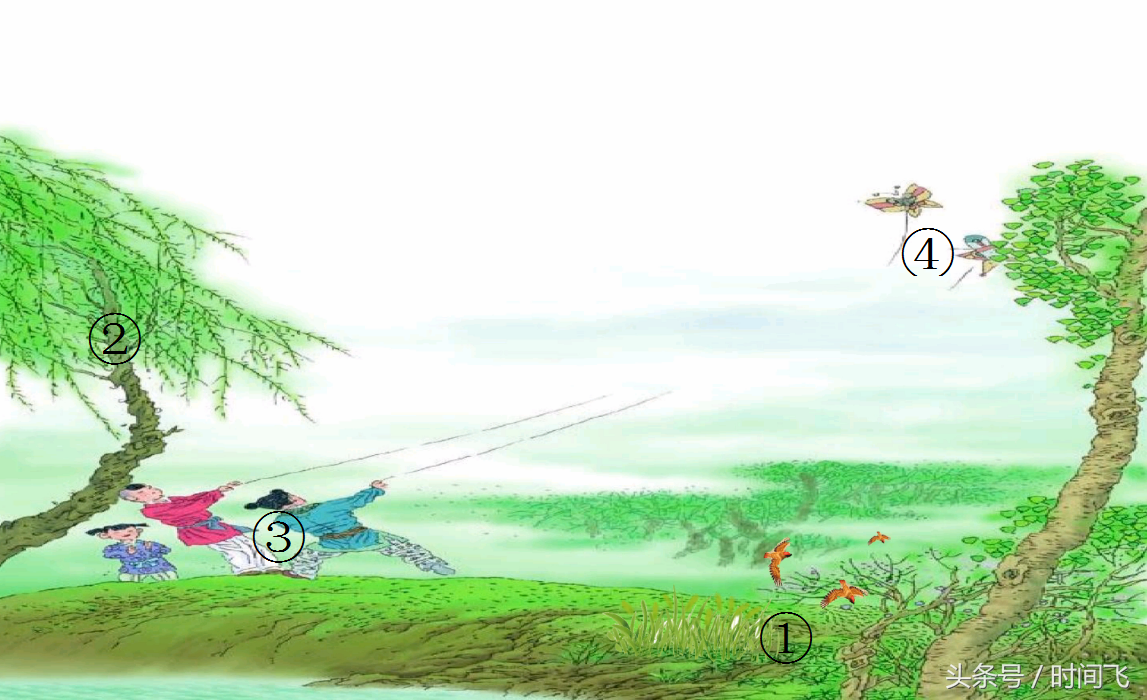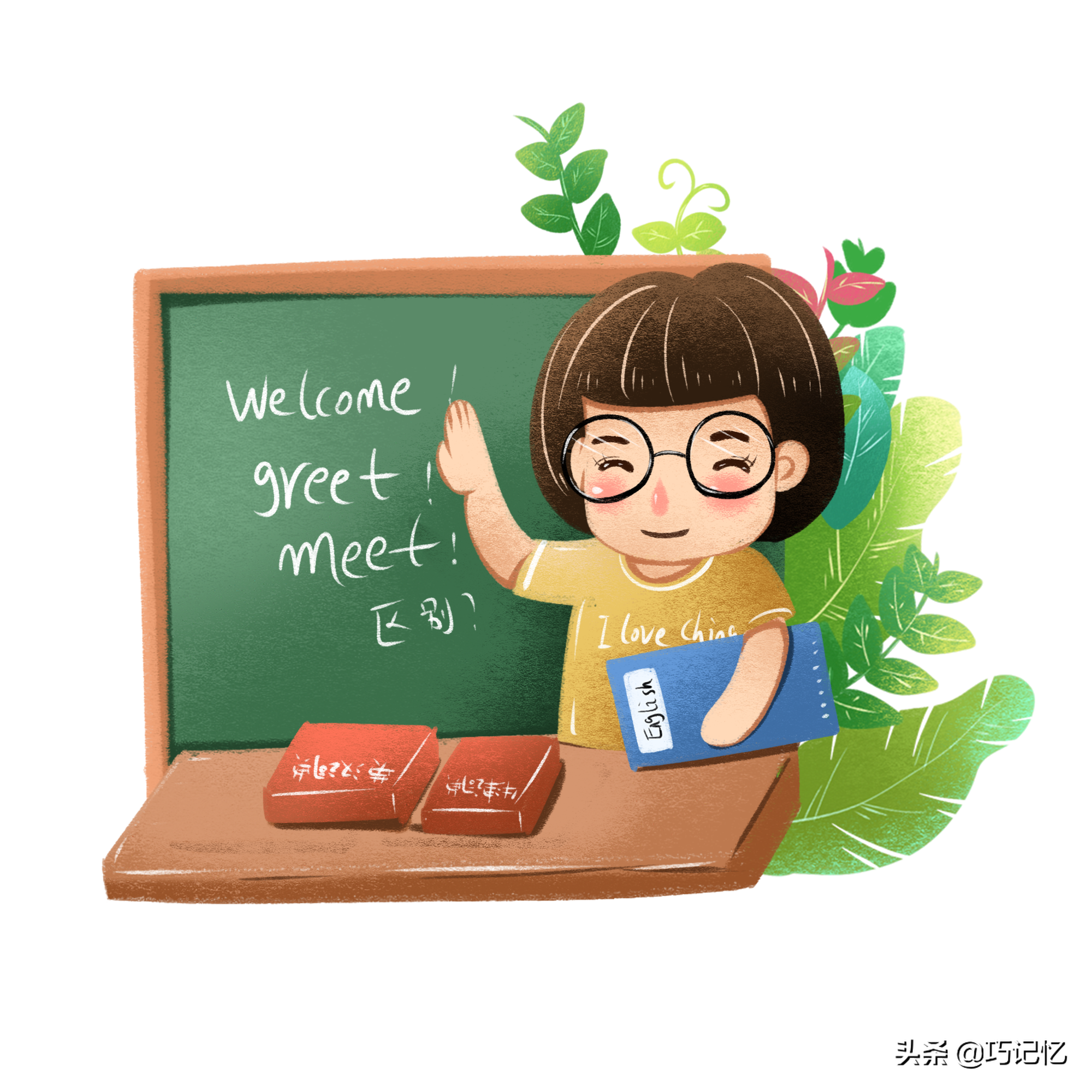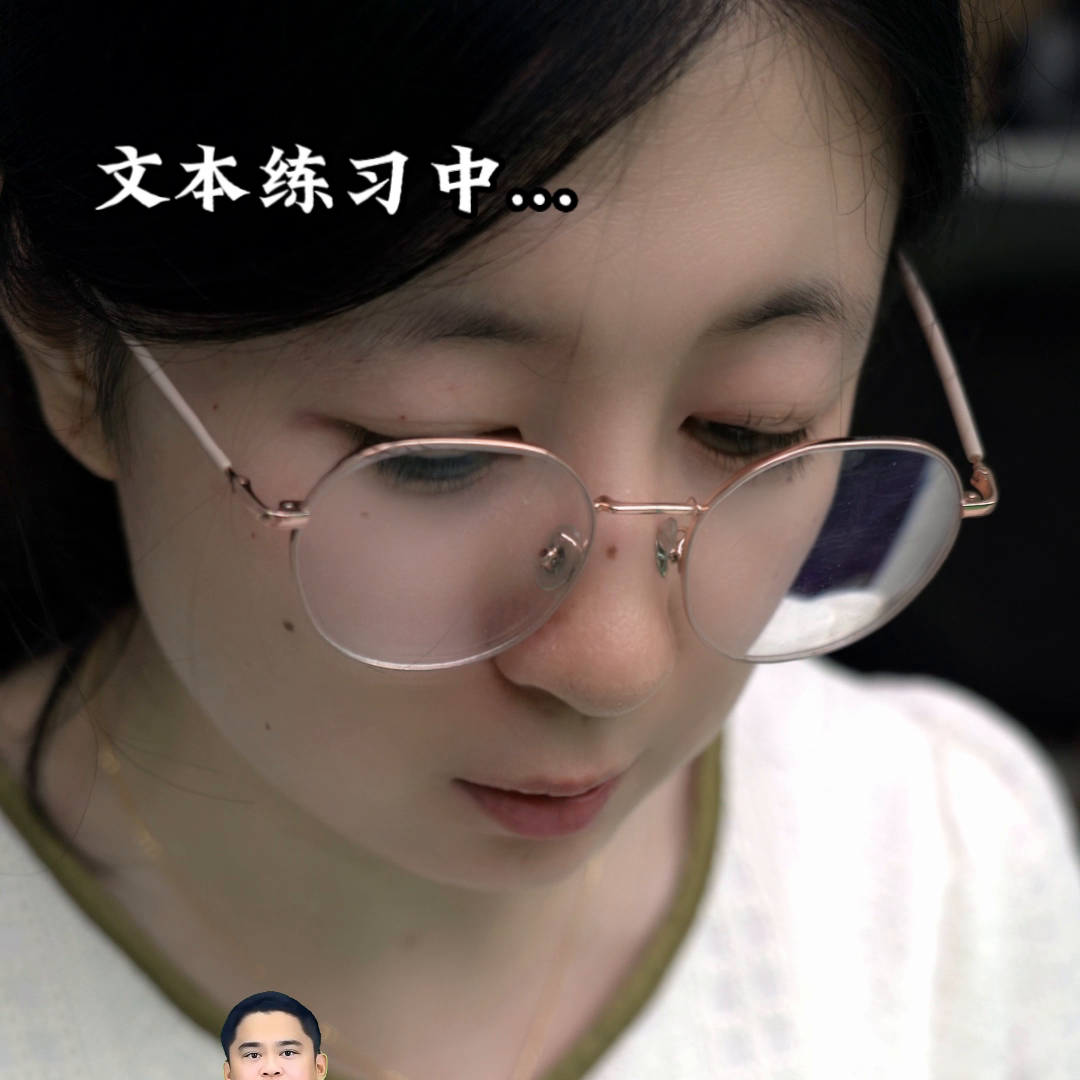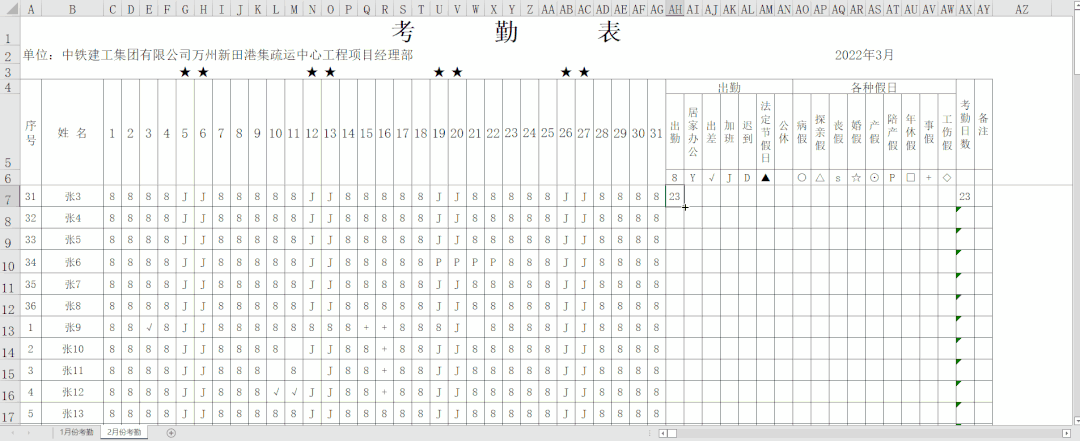About TED
TED is a nonpartisan nonprofit devoted to spreading ideas, usually in the form of short, powerful talks.
Daniel L. Schacter: Are all of your memories real?

[Directed by AIM Creative Studios, narrated by Addison Anderson, music by André Aires].
In a study in the 1990s, participants recalled getting lost in a shopping mall as children. Some shared these memories in vivid detail— one even remembered that the old man who rescued him was wearing a flannel shirt.
在上世纪 90 年代的一项研究中, 参与者回忆了他们童年时 在购物中心走失的经历。一些人用生动的细节 叙述了这些记忆—— 其中一人甚至记得 那个营救他的老人穿着一件法兰绒衬衣。
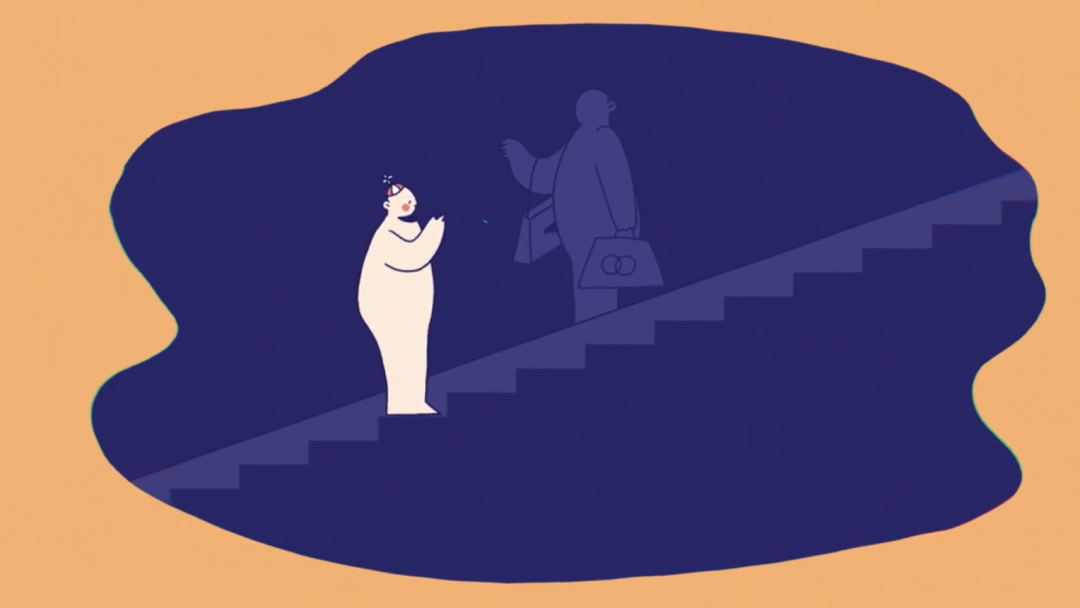
But none of these people had actually gotten lost in a mall. They produced these false memories when the psychologists conducting the study told them they’d gotten lost, and although they might not remember the incident, their parents had confirmed it. And it wasn’t just one or two people who thought they remembered getting lost— a quarter of the participants did.
但是,事实上,这些人 都不曾在购物中心走失过。他们制造了这些虚假记忆, 只因为他们从进行该研究的 心理学家那里得知他们曾经走失过。虽然他们不一定记得这件事, 但是他们的父母对此加以了证实。而且并非只有一两个人认为 他们曾走失过—— 1/4的参与者都认为如此。
These findings may sound unbelievable, but they actually reflect a very common experience. Our memories are sometimes unreliable. And though we still don’t know precisely what causes this fallibility on a neurological level, research has highlighted some of the most common ways our memories diverge from what actually happened.
这个调查结果可能听起来难以置信, 但却反映了一个非常普遍的现象。我们的记忆有时并不可靠。虽然在神经学上, 我们还不能确切地知道 是什么造成了这种易错性,但研究人员强调了几个最常见的 造成记忆背离事实的途径。
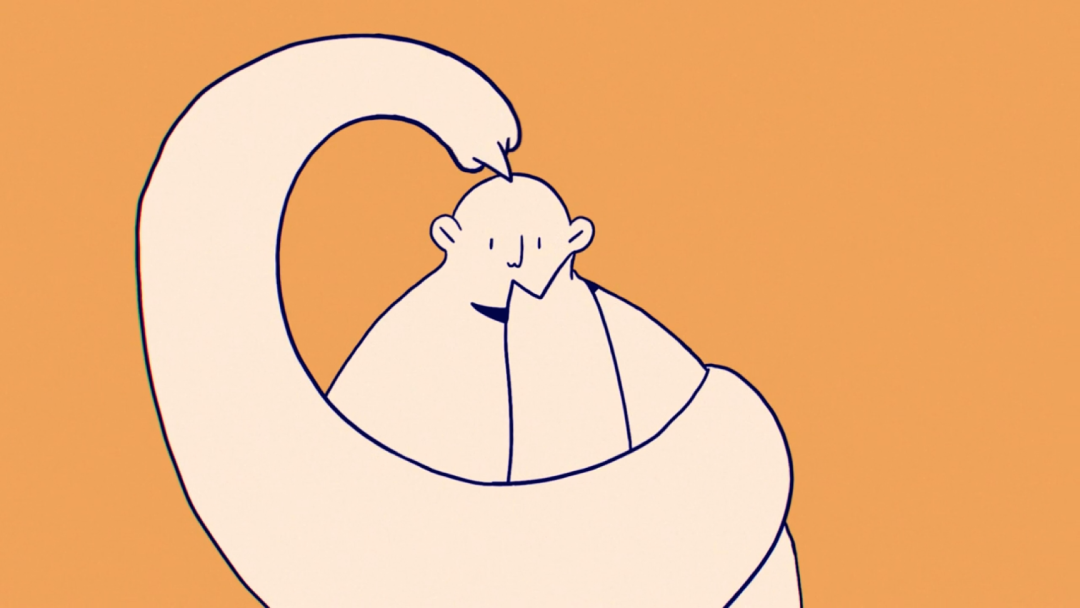
The mall study highlights how we can incorporate information from outside sources, like other people or the news, into our personal recollections without realizing it. This kind of suggestibility is just one influence on our memories.
这个与购物中心相关的研究 重点展示了我们如何 把来自外界的信息, 比如来自他人或者新闻的信息, 整合到我们的个人记忆中, 却对此浑然不觉。这种暗示只是影响记忆的一种方式。
Take another study, in which researchers briefly showed a random collection of photographs to a group of participants, including images of a university campus none of them had ever visited. When shown the images three weeks later, a majority of participants said that they had probably or definitely visited the campus in the past.
以另一项研究为例, 研究中,研究人员快速地 把一组随机收集的照片 展示给一组参与者。其中一些图像是一所 他们从没去过的大学校园。三个星期后, 当再次看到这些图像时, 大部分参与者表示 他们以前可能或肯定去过这个校园。

The participants misattributed information from one context— an image they’d seen— onto another— a memory of something they believed they actually experienced. In another experiment, people were shown an image of a magnifying glass, and then told to imagine a lollipop. They frequently recalled that they saw the magnifying glass and the lollipop. They struggled to link the objects to the correct context— whether they actually saw them, or simply imagined them.
参与者把来自某一场景中的信息—— 一幅曾经见过的图像——错误地判断为 来自另一个场景——对某些 自认为真实经历过的事件的记忆。还有一项实验,它向人们 展示了一幅放大镜的图像, 然后让他们想象一支棒棒糖。他们的回忆经常是 既见过放大镜,也见过棒棒糖。他们努力将物体与 正确的场景联系起来—— 不论是实际上看到的还是想象的。
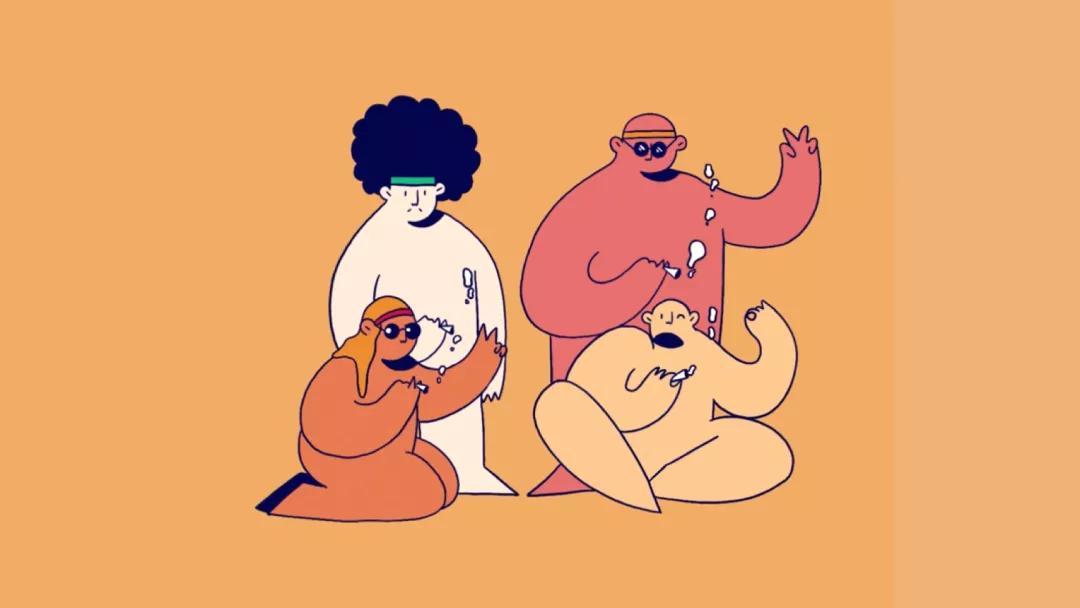
Another study, where a psychologist questioned over 2,000 people on their views about the legalization of marijuana, highlights yet another kind of influence on memory. Participants answered questions in 1973 and 1982. Those who said they had supported marijuana legalization in 1973, but reported they were against it in 1982, were more likely to recall that they were actually against legalization in 1973— bringing their old views in line with their current ones. Our current opinions, feelings, and experiences can bias our memories of how we felt in the past.
在另一项实验中, 心理学家询问了 2000 多人 对大麻合法化的看法。这个实验强调了 对记忆的另一种影响方式。参与者分别在 1973 和 1982 年对该问题做了回答。那些在 1973 年支持大麻合法化, 却在 1982 年对此表示反对的人 更有可能记得他们 在 1973 年是反对合法化的—— 即他们的旧观点与 当前观点保持一致。我们当前的意见、感觉和经历 可以使我们对过去的感知 产生偏颇的记忆。
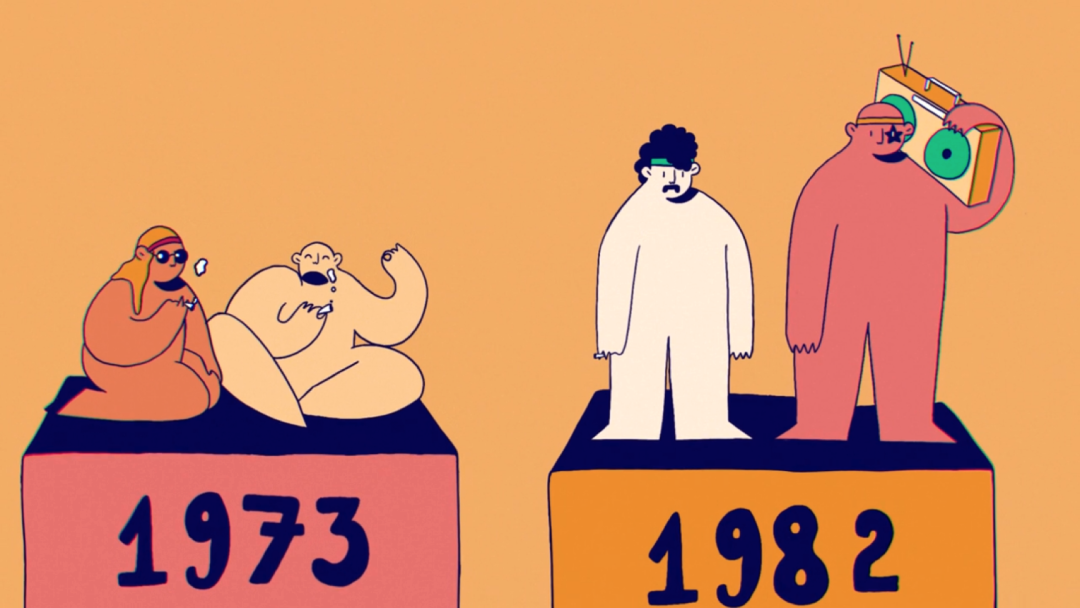
In another study, researchers gave two groups of participants background information on a historical war and asked them to rate the likelihood that each side would win. They gave each group the same information, except that they only told one group who had actually won the war— the other group didn’t know the real world outcome.
在另一项研究中, 研究人员为两组参与者提供了 一场历史战争的背景资料, 并要求他们评估各方取胜的可能性。他们为两个组提供了相同的信息, 但是只告知了其中一组 哪一方实际上赢得了这场战争—— 另一组并不知道实际战果。
In theory, both groups’ answers should be similar, because the likelihood of each side winning isn’t effected by who actually won— if there’s a 20% chance of thunderstorms, and a thunderstorm happens, the chance of thunderstorms doesn’t retroactively go up to 100%. Still, the group that knew how the war ended rated the winning side as more likely to win than the group who did not.
从理论上讲, 两个组的答案应该相近, 因为各方取胜的可能性 不应受到实际战战果的影响—— 就像如果发生雷雨的可能性是 20%, 而它确实发生了, 但发生雷雨的可能性 并不会因此而追升为 100%。尽管如此,知道实际战果的那一组 与不知道的一组相比, 认为胜利的一方更有取胜的可能性。
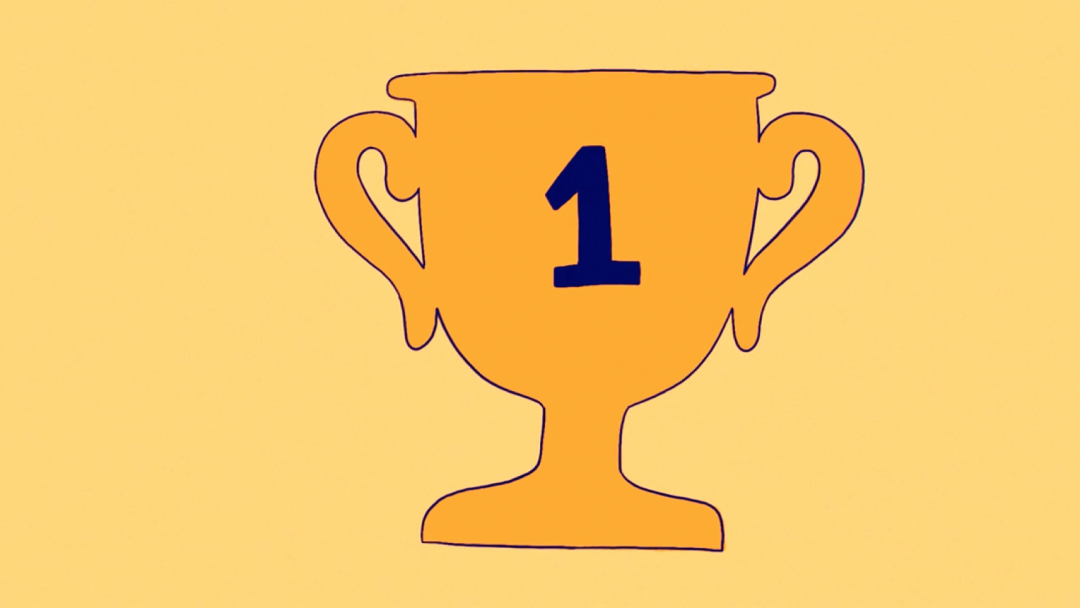
All of these fallibilities of memory can have real-world impacts. If police interrogations use leading questions with eye witnesses or suspects, suggestibility could result in incorrect identifications or unreliable confessions. Even in the absence of leading questions, misattribution can lead to inaccurate eyewitness testimony.
所有这些记忆错误都会对现实世界产生影响。如果警方审讯使用与目击证人或嫌疑人有关的引导性问题,暗示可能会导致错误的识别或不可靠的供词。即使在没有引导性问题的情况下,错误归因也可能导致目击者证词不准确。
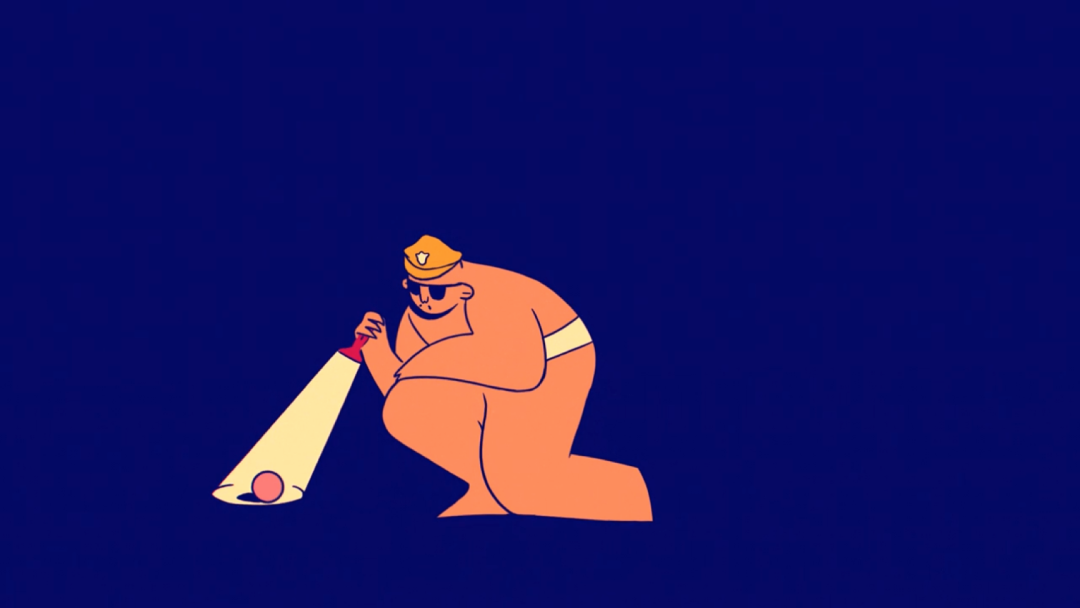
In a courtroom, if a judge rules a piece of evidence inadmissible and tells jurors to disregard it, they may not be able to do so. In a medical setting, if a patient seeks a second opinion and the second physician is aware of the first one’s diagnosis, that knowledge may bias their conclusion.
在法庭上,如果法官裁定某一证据不可采信,并告诉陪审员不予采纳,他们可能无法这样做。在医疗环境中,如果病人寻求第二个意见,而第二个医生知道第一个医生的诊断,这种知识可能会使他们的结论产生偏差。
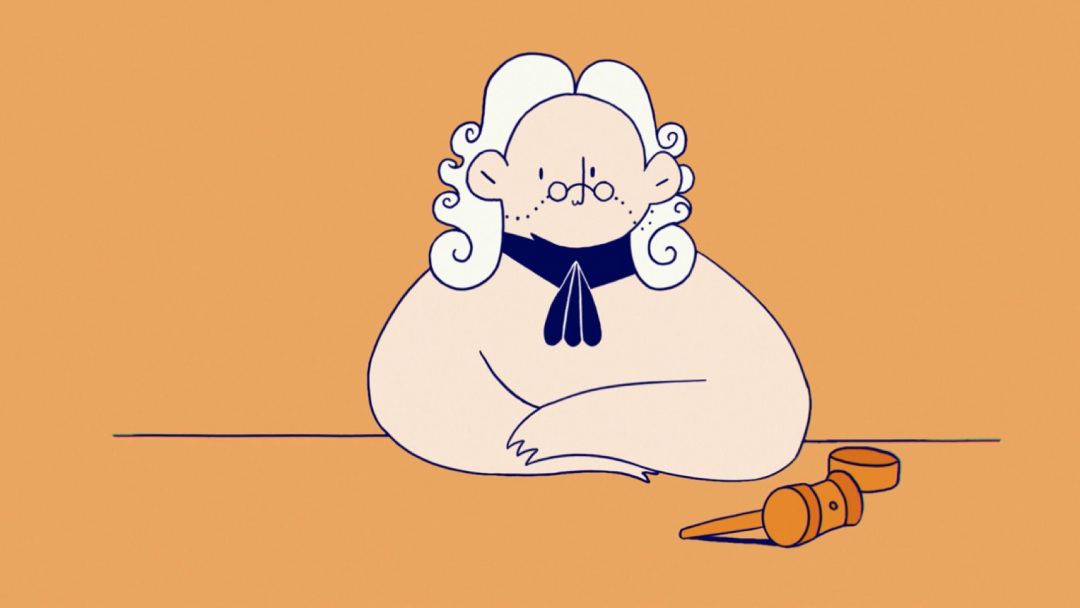
Our memories are not ironclad representations of reality, but subjective perceptions. And there’s not necessarily anything wrong with that— the problems arise when we treat memory as fact, rather than accepting this fundamental truth about the nature of our recollections.
我们的记忆不是对现实的铁板钉钉的表现,而是主观的感知。这也不一定有什么错-当我们把记忆当作事实,而不是接受关于我们记忆本质的基本事实时,问题就出现了。
Words from Mr. Zack
People do no believe what they see or what they are told. Instead, They just believe what they want to believe. 人们相信的不是他们所见的,也不是他们听说的。他们相信的是自己想要相信的。
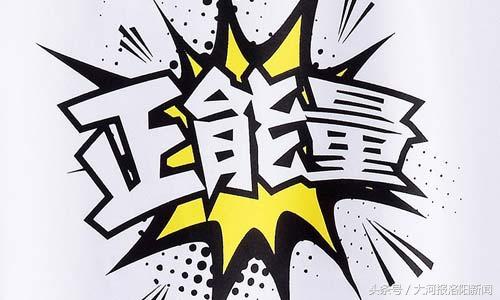
办培训学校需要哪些手续,记忆力训练培训班有用吗,出狱四年,他成了成功的样本:办起培训班,编纂英语单词记忆词典!
训练记忆力的培训机构,办培训学校需要哪些手续,35个社区开办“记忆学堂”!普陀老人看过来→
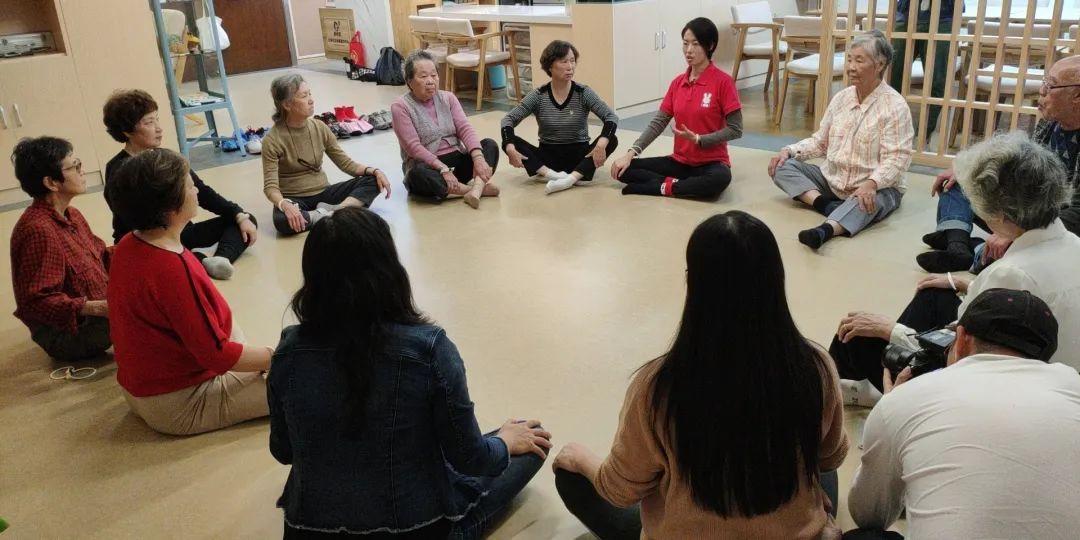
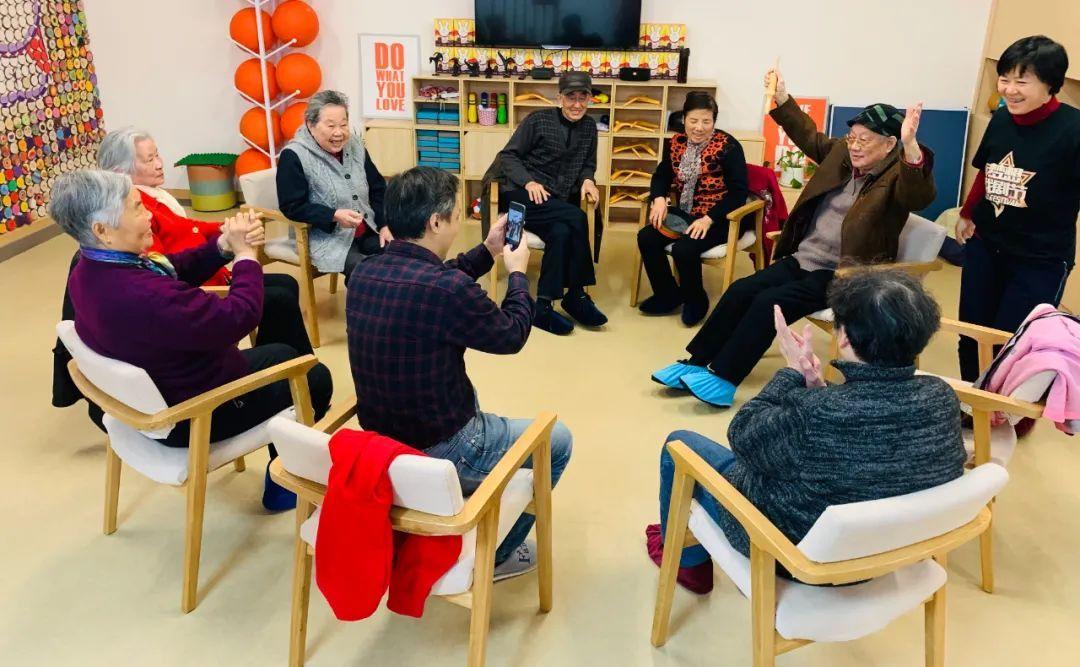
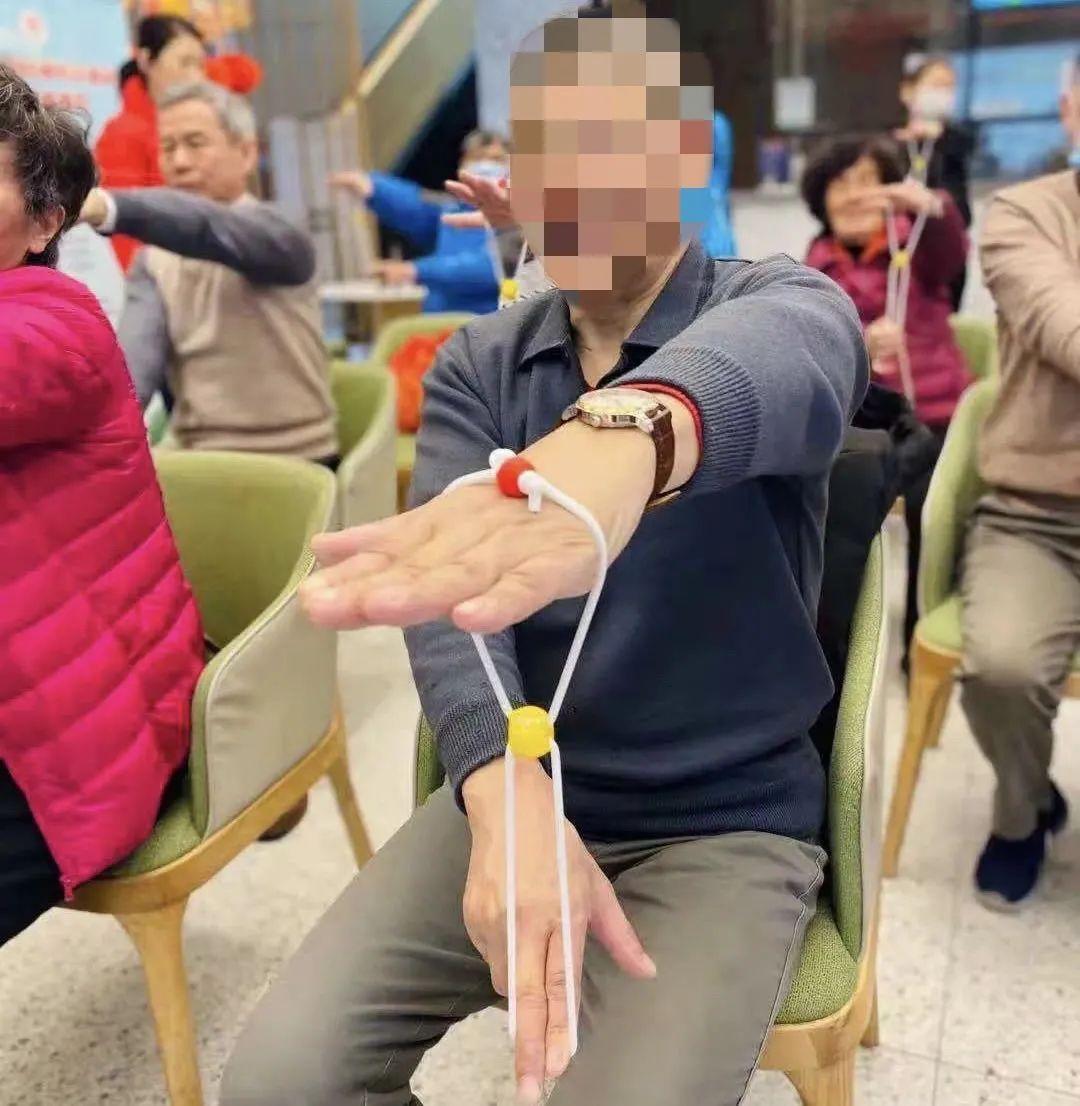

全国快速记忆培训机构,高效记忆法,学习方法论
记忆课程有没有效果,全国快速记忆培训机构,六大系列文博线上课程之“历史类”

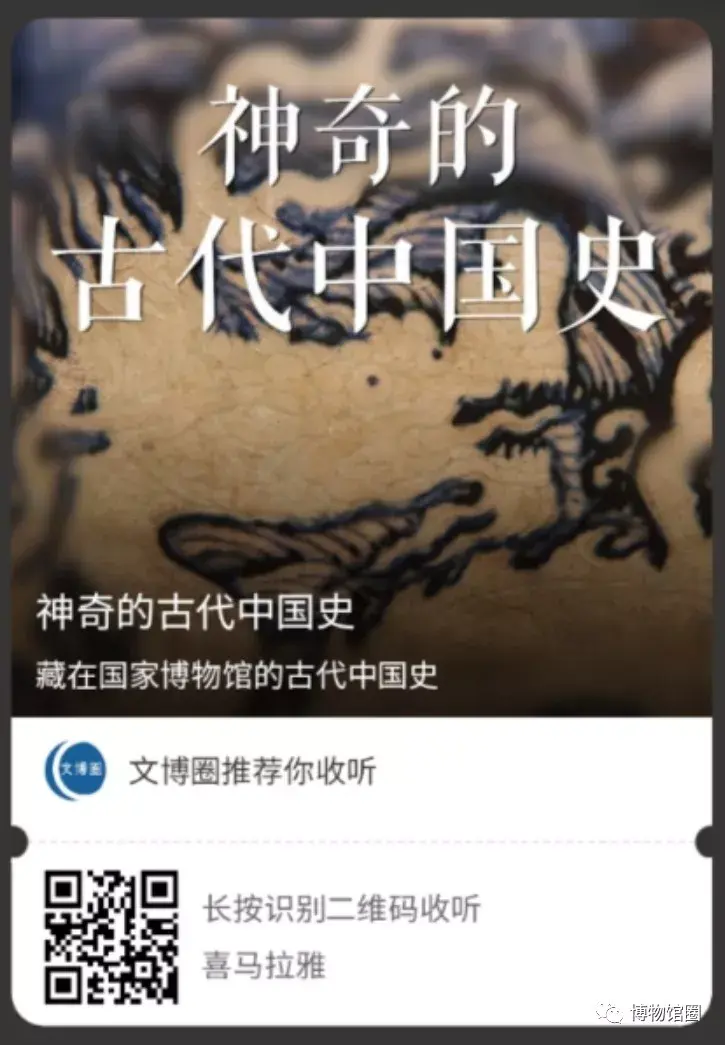
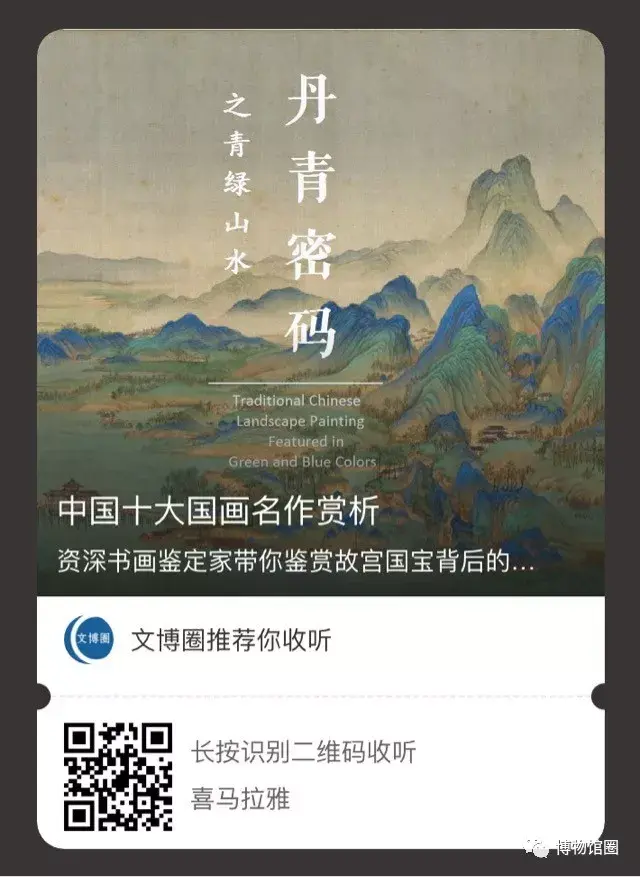
训练记忆力的培训机构,记忆法训练十大原理,“显微镜”还是“哈哈镜”-数智时代文化记忆机构的数据技术赋能
精选推荐
- [记忆方法] 最有效的备考方法,法考如何备考,2021年高考备考:8种高效记忆方法
- [记忆方法] 考前快速大量记忆技巧,最有效的备考方法,考前冲刺:一消备考也要动脑筋,这样记忆方法大多数考生并不知道
- [记忆方法] 怎样快速记忆知识点且记得牢,考前快速大量记忆技巧,会计从业备考不放假,六大归纳记忆法带你飞!
- [记忆方法] 快速记忆方法的小窍门,怎样快速记忆知识点且记得牢,这些记忆方法让你学习、备考的效率大大提升!
- [精品记忆课] 记忆课程有没有效果,记忆力课程,“超强记忆”吸引家长买了课,没上几节校长就失联,41名家长能要回16万余元的培训费用吗?
- [精品记忆课] 最强大脑记忆训练法视频,记忆课程有没有效果,超强记忆系统课_第2节 底层逻辑篇 超强记忆系统课_第2节
- [古诗词记忆] 孩子记忆力差,背书困难怎么办,有什么快速背书的方法,有用的背书方法,快收藏码住吧~
- [记忆方法] 记忆的方法和技巧,记忆宫殿训练方法,技巧:熟记这些顺口溜,轻松记忆历史朝代知识
- [记忆方法] 历史朝代记忆口诀,记忆的方法和技巧,我国历史朝代顺序记忆口诀
- [古诗词记忆] 文科怎么背怎样才能记得住,文科背书怎么背得快又牢固,文科成绩难提高?你需要这12个方法



